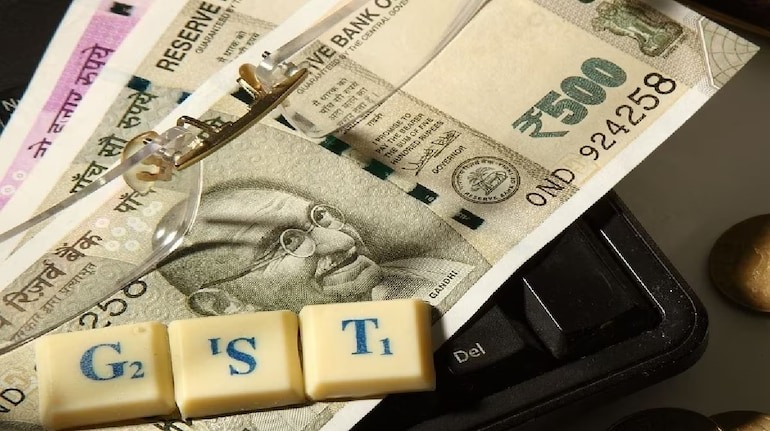
With the implementation of the Goods and Services Tax (GST), tax rates on household products and mobile phones have been reduced, providing relief to every household, the Finance Ministry said on Monday. GST as the new indirect tax system completed seven years on Monday. GST subsumed around 17 local taxes and cess and was implemented on July 1, 2017. The theme of the seventh GST Day is 'Stronger Business, Holistic Growth'. The ministry wrote on the social media platform
GST taxpayer base increases to 1.46 crore
The GST taxpayer base was 1.05 crore as of April 2018, which is set to increase to 1.46 crore in April 2024. Giving a comparative chart, Sanjay Kumar Agarwal, Chairman, Central Board of Indirect Taxes and Customs (CBIC), said, “We have seen a huge jump in the taxpayer base with better compliance.” He said GST has made life easier. The ministry said that after the implementation of GST, the expenditure on food items and mass consumption items has reduced in every household. Before the implementation of GST, food items like non-packaged wheat, rice, curd and lassi were taxed at 2.5-4 per cent, while after the implementation of GST, the tax became zero.
Tax reduced on these items
Household items such as cosmetics, wrist watches, plastic sanitary products, doors and windows, furniture and mattresses have been taxed at 18 per cent under the GST system. Whereas earlier the excise duty and VAT system used to charge 28 per cent tax. Earlier, mobile phones, TVs up to 32 inches, refrigerators, washing machines, electrical appliances (except air conditioners), geysers and fans were taxed at 31.3 per cent, which has been reduced to 18 per cent under the GST regime, the ministry said. The compliance burden has been reduced for small taxpayers, the Finance Ministry said. The GST Council has recommended the removal of the requirement of filing annual returns for taxpayers with an annual turnover of up to Rs 2 crore in the financial year 2023-24.
 look news india
look news india